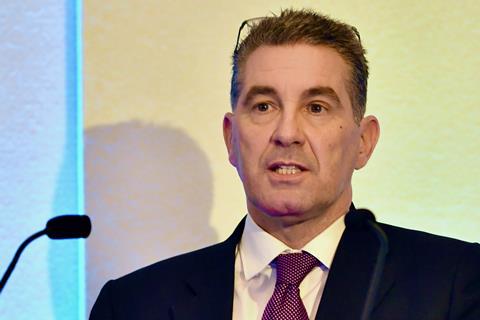The Solicitors Regulation Authority has laid the groundwork for another possible increase in charges being demanded from solicitors, suggesting that new work streams have come to the fore in recent months.
The regulator consulted on a draft version of its 2024/25 business plan earlier this year but now says that ‘new and emerging’ risks have since come to prominence. These include the rise of bulk claims litigation – as evidenced in the fallout from the collapse of SSB – and a consumer protection review which needs to examine what to do about the compensation fund. The SRA is also particularly concerned about how it organises and uses its vast amount of data to spot patterns that could point to future risks.
Read more
In a briefing held with the media yesterday, the SRA repeatedly said it did not know what extra resources would be needed but admitted that some ‘hard choices’ might have to be made.
The SRA says it will need to look to make efficiencies, reprioritise, and if necessary, consider using reserves to supplement this years’ available resources. This is likely to have implications for future budgets and related fees.

Paul Philip, chief executive, said: ‘Consumers are at the heart of our strategy and this business plan. People were generally positive about our plans. We have responded to feedback. We have made changes focusing on further work to benefit consumers. This includes more work to improve information for them and moving swiftly on improvements that will help us spot risks sooner, so we can more effectively protect the public.
‘We also need to respond to shifts in the legal sector. We are scoping out what we need to do to address a range of new and emerging risks. And will keep everyone up-to-date on progress throughout the year.’
Any significant increase in fees is likely to go down badly with the profession which has already been asked to pay much higher contributions to replenish the compensation fund after high-profile interventions.
Philip admitted that a fee increase was a ‘possibility’ but that the SRA was still scoping out what work needed to be done.
The SRA said it needs to improve its ability to identify emerging risks in the profession and must improve the way it handles data about complaints about solicitors and firms. This may include better use of artificial intelligence in the future.
Chair Anna Bradley said: ‘It is about getting on the front foot and trying to ensure the things that would be detrimental to users of legal services are addressed before they crystalise.’
This article is now closed for comment.



























29 Readers' comments